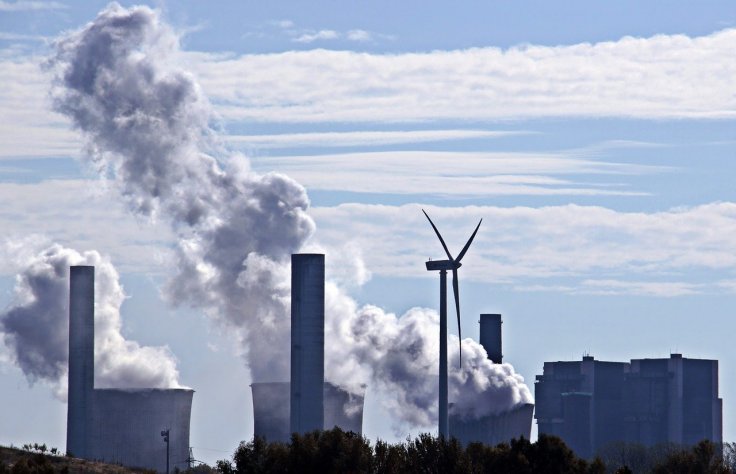Japan's greenhouse gas emissions fell to the lowest on record in the financial year that ended March 2021, according to government figures showed on 15 April. The fall is believed to be the result of an extensive utilization of renewable energy coupled with slower industry activities amidst the pandemic.
Revised data from the environment ministry shows that the 2020/21 level was the lowest since 1990/91, when the country had started compiling data on greenhouse gas emissions. Emissions for 2020/21 fell to the equivalent of 1.15 billion metric tons of carbon dioxide (CO2) from 1.21 billion tons the previous year. The 5.1 percent decline observed marks seven consecutive years of falls.

"Although emissions have decreased for seven straight years, we are still a long way from achieving carbon neutrality and can't be optimistic," Masayuki Koiwa, a director at the ministry, told reporters.
Being the world's fifth-biggest carbon emitter, Japan had stepped up its climate goal in April 2021, pledging to cut down emissions by 46 percent from 2013 levels by 2030 in place of its former goal of 26 percent. If achieved, the 2030 emissions will account for 0.76 billion tonnes. The 2020-21 figure represents a reduction of 18.4 percent when compared to the 2013 levels.
After the 2011 nuclear disaster at Fukushima, the country's emissions soared which led to the shutting down of nuclear power plants and encouraged dependence on fossil fuels but have turned lower since a peak of 1.41 billion tons struck in 2013/14 year. Out of ten reactors being restarted, since the Fukushima disaster, only five are operating presently.

As per the industry ministry data, renewable energy accounted for 19.8 percent of electric power generation of 1.00 trillion kilowatt-hours in 2020/21, a 1.6 percentage point increase on the previous year. Nuclear energy however, fell 2.3 percentage points to 3.9 percent, while thermal power made up 76.3 percent, an increase of 0.7 percentage point.
"To achieve the 2030 target and our 2050 goal of carbon neutrality, we need to maximize the use of renewable energy," Koiwa later added. The ministry pledged to advocate for solar power in particular it order to achieve the 2030 target as this method of generation could be applied with little to no delay.









